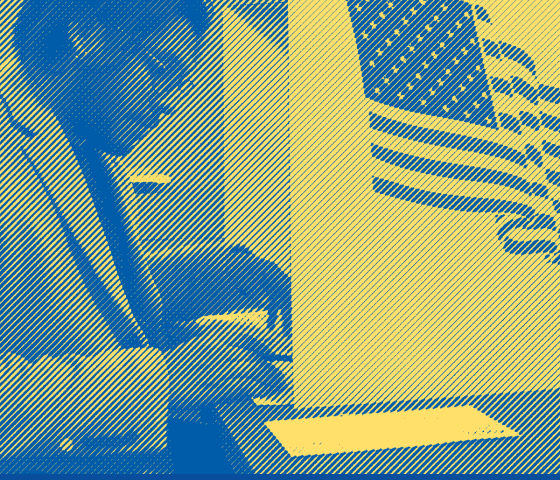Iowa's new texting while driving law likely is ineffective, invites racial profiling, and dramatically overreaches into private life.
Iowa's new texting law—Senate File 234—went into effect July 1, 2017. It makes texting and using a cell phone for other than certain limited purposes while driving a primary offense. That allows officers to issue a citation if they simply observe a driver texting or using a cellphone in a certain way while behind the wheel, even if there is no other violation. Under the old law, drivers could be ticketed for texting only if they committed another offense, such as speeding or running a red light.
The ACLU of Iowa opposes this law. Research has shown that these laws are ineffective in reducing texting and other cell phone use while driving, may have unintentional negative safety consequences, and invite law enforcement to engage in discretionary stops.
Evidence Suggests that Distracted Driving Laws Increase Dangerous Driving
- Rather than not texting while driving, drivers tend to engage in more dangerous texting by lowering their hands (and thus eyes) to avoid detection by police. This leads to an increase in accidents, rather than reducing them. Click here for more information.
The New Law Is Likely to Increase Discretionary Stops with Disparate Racial Effects
- We are further concerned that making distracted driving a primary offense will exacerbate the occurrence of racial profiling by police. The incidence of racially discriminatory traffic stops has been well documented.
- Where studies of traffic stop data have been conducted, African Americans and Latinos are far more likely to be pulled over than are Caucasians for the same behaviors and offenses. Click here for more information.
- Once stopped, minorities are far more likely to be subsequently subjected to a police search. Click here for more information.
